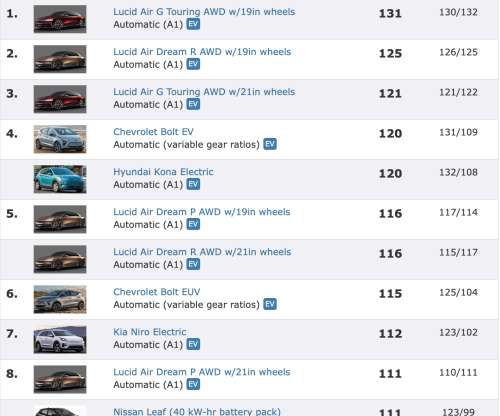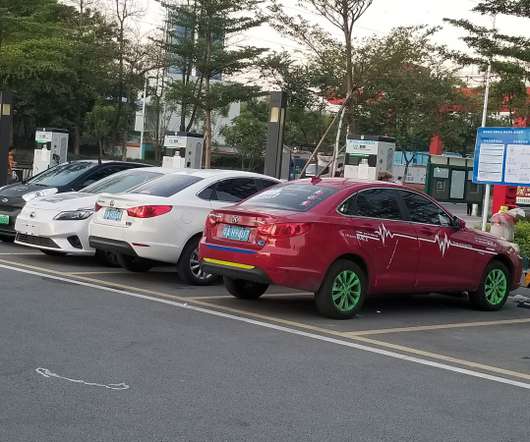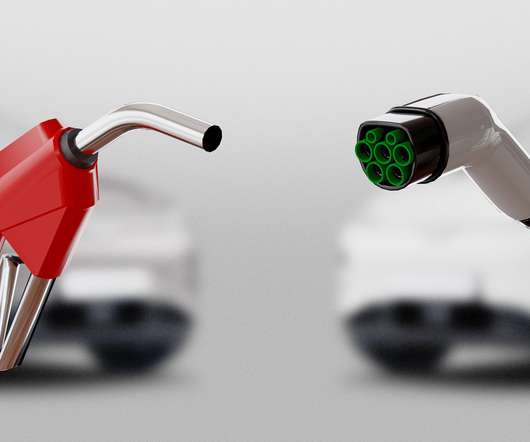UC Davis report proposes mileage fee for EVs, maintaining fuel tax for ICEs to support road repairs
Green Car Congress
JANUARY 4, 2019
A research report submitted to the California Legislature this week by the University of California, Davis’ Institute of Transportation Studies proposes switching EVs to a mileage-based road-funding fee (road user charge, RUC) while continuing to have gasoline-powered cars pay gasoline taxes.


























Let's personalize your content